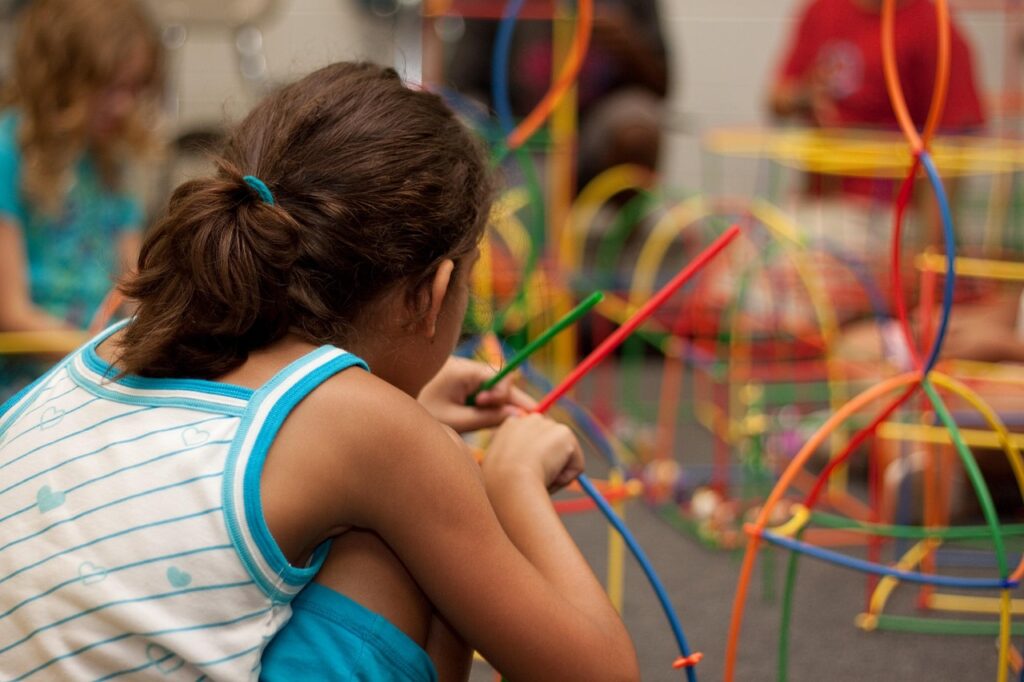It’s back-to-school time once again, and that means parents with school-age kids are busy getting ready for the transition. The beginning of a new school year brings with it a certain level of stress for everyone involved. For starters, it can be scary trusting the care of your child to someone else, away from your watchful eye as a parent. And while parents have always worried, you might be surprised to learn that their concerns have changed a bit over the years. Here’s what’s causing the most stress these days.
Mental Health
One in 5 children has a mental, emotional, or behavioral health disorder, according to the Centers for Disease Control and Prevention. While this has become more top-of-mind since the pandemic, too many kids never receive the proper diagnosis and treatment.
What parents can do:
- Maintain an open dialogue with your child about their mental health.
- Monitor your child’s screen time and social media use.
- Equip your child with techniques to help manage their anxiety, such as breathing exercises and adequate physical exercise.
Social Pressures
Naturally you want your child to be liked and have plenty of friends. But some friendships come with a high level of drama, which is often exacerbated on social media. This can sometimes turn into bullying, both in person and online.
What parents can do:
- Resist the temptation to fix the problem for your child.
- Listen to your child and acknowledge that you understand, but let them come up with a solution.
- Get to know your child’s friends, and talk with your child about their social life whenever possible.
School Shootings
It’s not likely that this particular concern kept your parents or grandparents awake at night. Unfortunately, it’s now a top concern for many parents. Thankfully, most students will never witness this type of horrific event, but the additional security and emergency drills that are being implemented are enough to make students anxious.
What parents can do:
- Find out what your child already knows about the risk of school shootings, ask what they’re concerned about, and encourage them to ask questions.
- Talk about gun violence so that your child gets the facts from you and not some other source.
- Remind your child that many adults are working to keep them safe.
Academic Performance
Despite the fact that layoffs are prevalent among young people with college degrees, parents still view a college degree as the ticket to a better life for their kids. That translates to a lot of stress surrounding college admissions, which often means increased pressure for their teens to achieve higher test scores and engage in extracurricular activities.
What parents can do:
- Focus on your child’s growth and progress rather than grades.
- Stay involved with your child’s education, and communicate with your child’s teachers.
- Avoid the temptation to over-schedule your child.
Tech Overload
On average, children between the ages of 8 and 18 in the U.S. spend 7.5 hours a day using or watching screens, according to the American Academy of Child Adolescent Psychiatry. This could negatively impact their sleep, mental health, and ability to do well in school. Because much of this time is spent on social media, additional factors are a concern, such as cyber bullying and depression.
What parents can do:
- Establish time limits on social media and screen use.
- Model responsible use of technology.
- Monitor what your child is viewing and discuss the risks involved.
Although the new school year may create some valid concerns about your child’s well-being, keep in mind that it is also an exciting milestone in your child’s life. Stay involved with your child’s academic accomplishments, get to know their teachers and friends, and spend time with your child on a daily basis. These special moments will soon be memories.
Image by cherylt23 from Pixabay
Dr. David Lowenstein is a Columbus, Ohio-based psychologist with more than 35 years of experience. He conducts individual, family, and group therapy sessions in his German Village office and also via telehealth. Dr. Lowenstein is also available for expert forensic testimony, and for educational workshops and presentations. He is frequently called upon as an expert source for print, radio, and broadcast media. Contact Dr. Lowenstein at Lowenstein & Associates, 691 South Fifth Street, Columbus, Ohio, 43206, or call 614.443.6155 or 614.444.0432.


